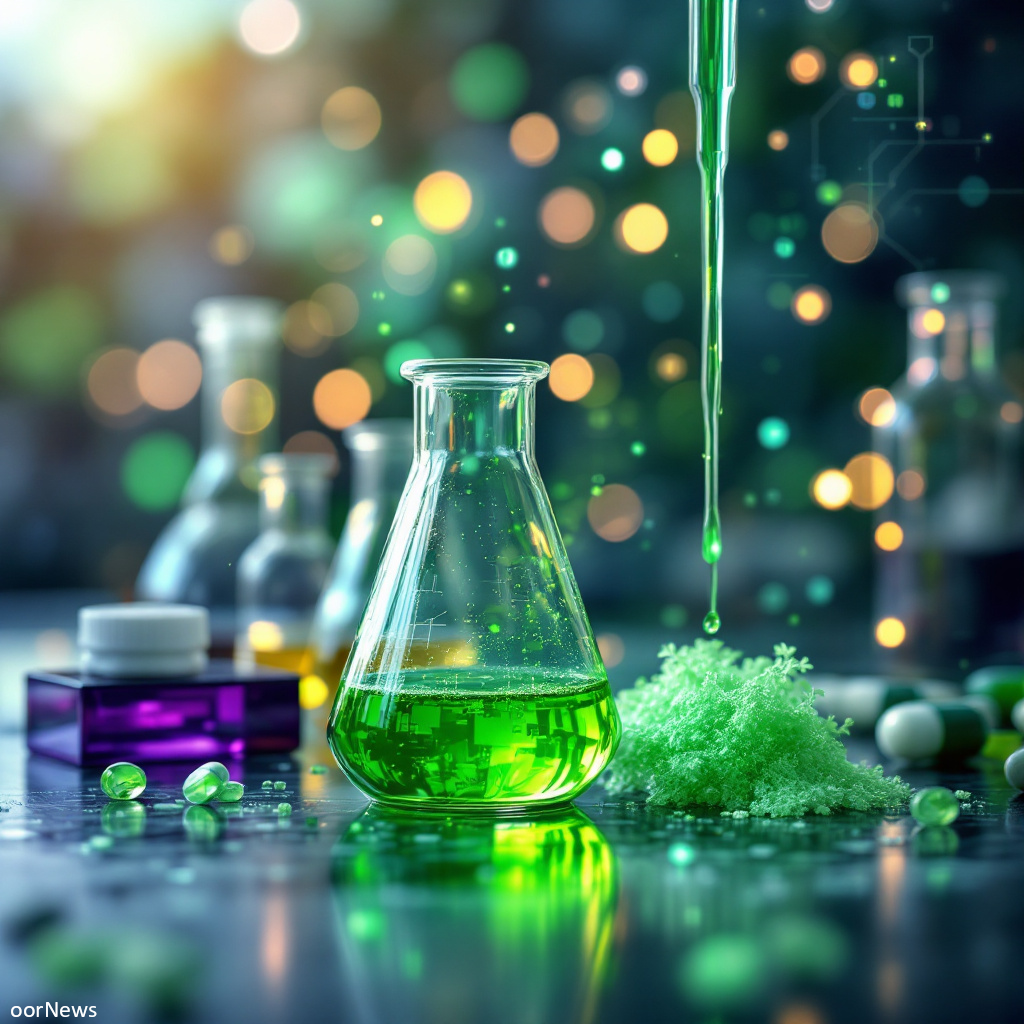Your cart is currently empty!

ETERNAL Project Targets Greener Pharmaceutical Manufacturing

A pan‐European collaboration called the ETERNAL project is set to transform pharmaceutical manufacturing by reducing its environmental footprint through sustainable chemical and physical processes. The initiative, which brings together sixteen partners from industry, academia, and research institutes, emphasizes full life cycle approaches—from drug design and manufacture to product disposal—to minimize pollution, resource depletion, and greenhouse gas emissions.
The pharmaceutical industry faces growing scrutiny over its contribution to environmental degradation through complex chemical syntheses, resource-intensive production, and waste generation. ETERNAL seeks to address these challenges by incorporating green chemistry principles, mechanochemistry, and digitalization to optimize process performance and safety. The project’s framework focuses on reducing solvent use, enhancing resource recovery, and accelerating process optimization while ensuring compliance with evolving environmental regulations.
Quotient Sciences, a key partner in the consortium, is leveraging its expertise in digitalization as part of the ETERNAL project. Their work includes developing Digital Twins to simulate and optimize processes. These digital representations aim to reduce laboratory experimentation by allowing virtual experiments that consume fewer reagents and solvents. As stated in the project documents, Quotient Sciences “aims to reduce the number of experiments required at the laboratory or pilot scale, thereby minimizing resource consumption and waste generation.” Their approach not only streamlines the scale-up of active pharmaceutical ingredient synthesis but also provides real-time monitoring, reducing the risk of deviations and waste.
The Digital Twin technology developed by Quotient Sciences is a central component of the project’s strategy to improve process efficiency and environmental performance. By enabling a reduction in physical experiments, the technology supports a more sustainable approach to drug development and manufacturing. This innovation is reflective of the broader industry move toward integrated solutions that prioritize both environmental and economic benefits. The decreasing need for extensive lab-scale experimentation has the potential to significantly cut emissions and reduce the use of hazardous chemicals.
The ETERNAL project also addresses hazardous waste management, the environmental risks associated with active pharmaceutical ingredients, and the adoption of a circular economy model in manufacturing. The initiative encourages the use of renewable feedstocks, energy-efficient processes, and real-time analysis and monitoring to foster safer, more efficient operations.
As regulatory demands increase and societal expectations for environmental responsibility intensify, the collaborative efforts within ETERNAL underline an industry-wide commitment to achieve sustainable pharmaceutical manufacturing. The project’s integrated approach may serve as a blueprint for other global companies seeking to reduce their environmental impact while maintaining high product quality and operational efficiency.